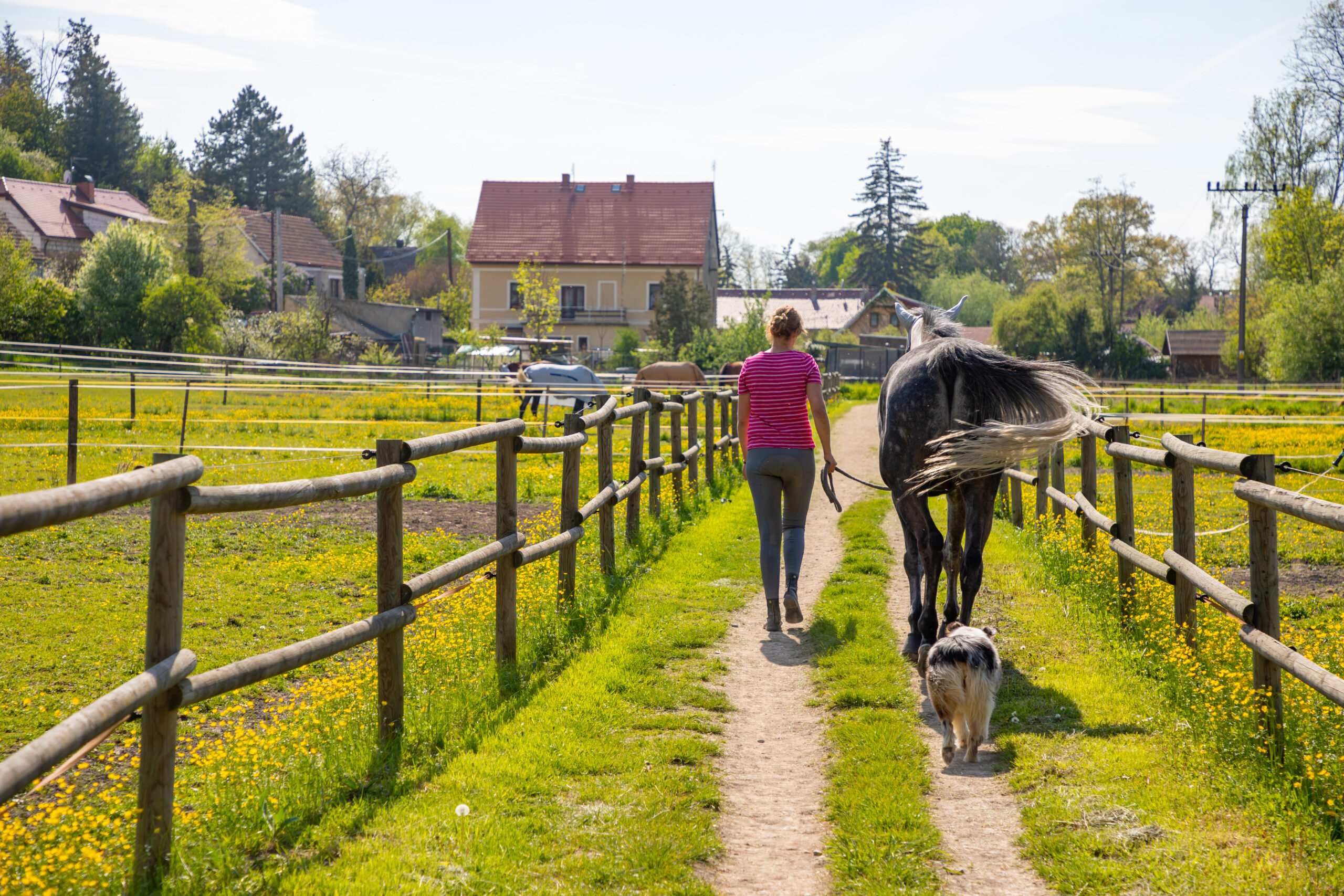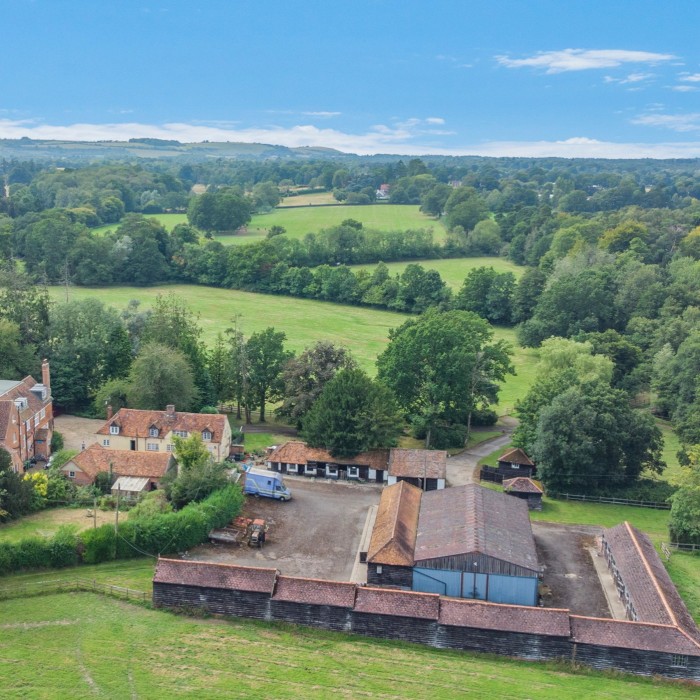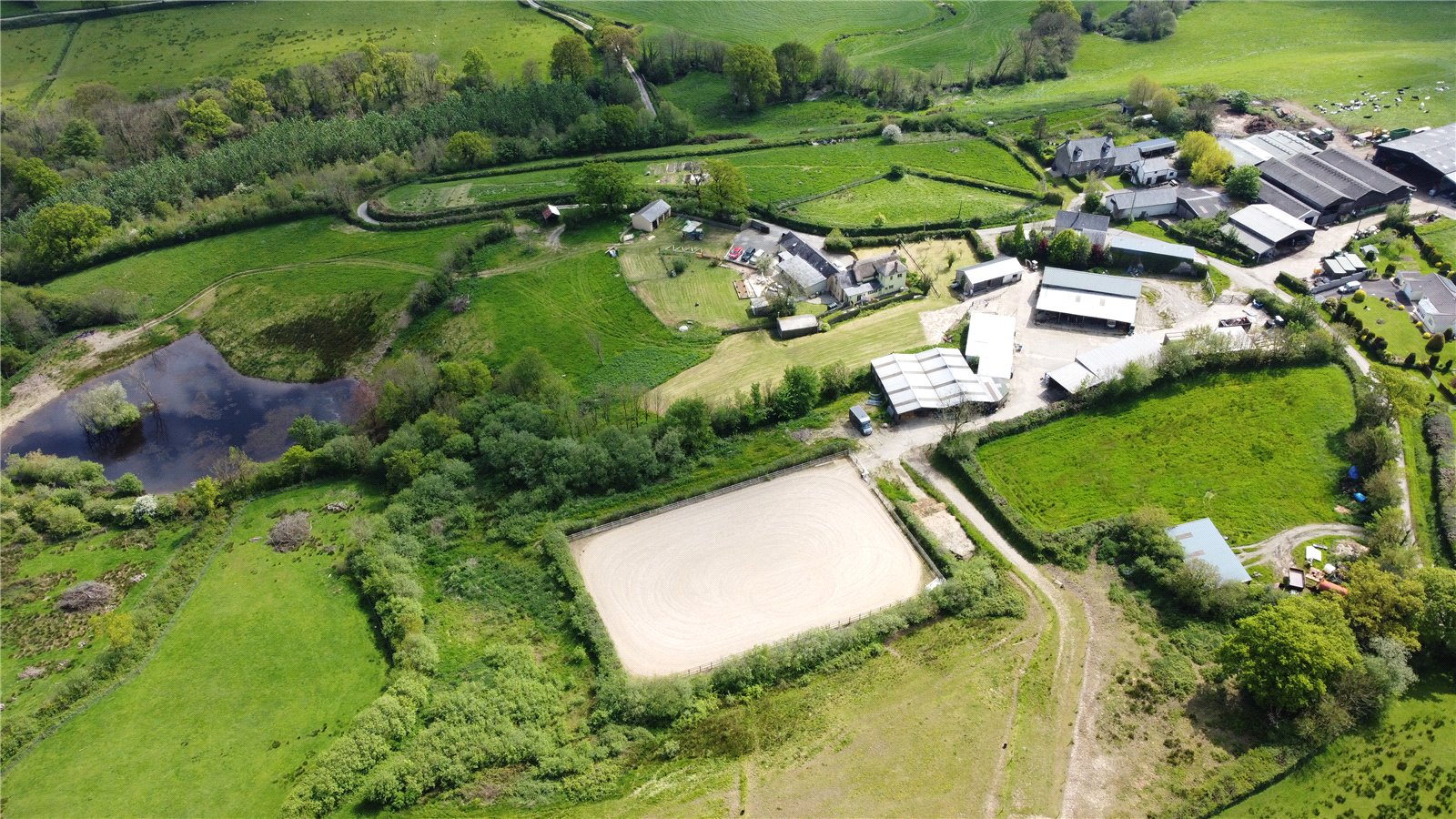Living the Equestrian Dream: Rural Property with Horses

Owning a rural property with horses is a dream for many equestrian enthusiasts. It combines the tranquility of country living with the joy of horse ownership, offering a unique lifestyle that blends passion, responsibility, and nature.
Why Choose a Rural Property for Horses?

Rural properties provide ample space for horses to roam, graze, and exercise, which is essential for their health and well-being. Unlike urban settings, rural areas offer a quieter environment with less pollution and noise, creating a peaceful habitat for both horses and owners.
Key Features of an Ideal Equestrian Property
| Feature | Description |
|---|---|
| Spacious Pastures | Large, well-maintained fields for grazing and exercise |
| Stables and Barns | Safe, comfortable shelters with proper ventilation and storage for feed and equipment |
| Fencing | Secure, horse-friendly fencing to prevent escapes and injuries |
| Riding Arenas | Designated areas for training and riding, often with specialized footing |
| Water Supply | Reliable access to clean water for horses and irrigation |
Benefits of Living with Horses on Rural Property
- Physical Health: Daily horse care and riding promote fitness and outdoor activity.
- Mental Well-being: The calming presence of horses and the natural surroundings reduce stress.
- Community: Equestrian properties often foster connections with like-minded neighbors and local horse clubs.
Considerations Before Buying
- Maintenance: Horses and property require ongoing care, including feeding, cleaning, and repairs.
- Costs: Budget for feed, veterinary care, equipment, and property upkeep.
- Zoning and Regulations: Ensure the property complies with local laws regarding livestock and land use.
Frequently Asked Questions (FAQ)
Q: How much land do I need for horses?
A: Ideally, 1.5 to 2 acres per horse to provide sufficient grazing and exercise space.
Q: What type of fencing is best for horses?
A: Safe options include wooden rail, vinyl, or high-tensile wire with visibility to prevent injury.
Q: Can I keep horses on a small rural property?
A: Yes, but it requires more intensive management and possibly supplemental feeding.
Q: What are the ongoing costs of horse ownership?
A: Expenses include feed, veterinary care, farrier services, equipment, and property maintenance.
Conclusion
Living the equestrian dream on a rural property offers a fulfilling lifestyle that nurtures both horse and owner. With the right property and preparation, you can enjoy the harmony of country living and the companionship of horses every day.
